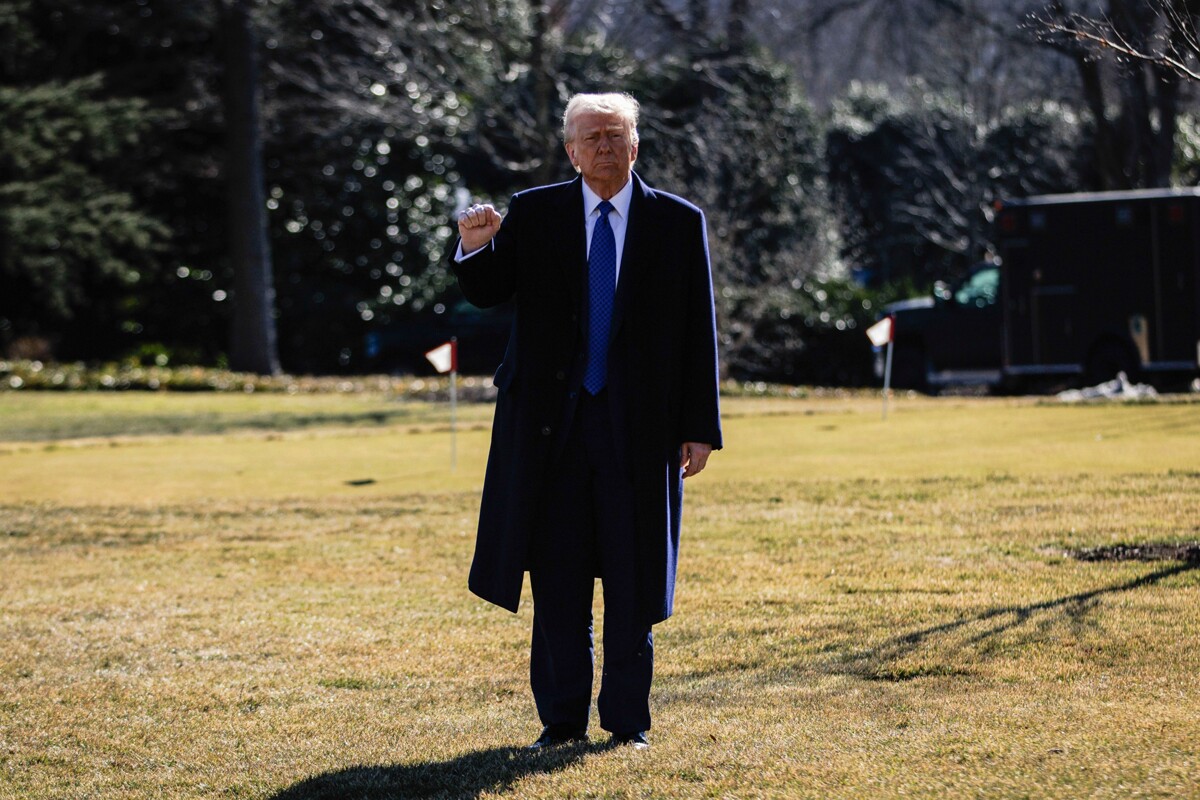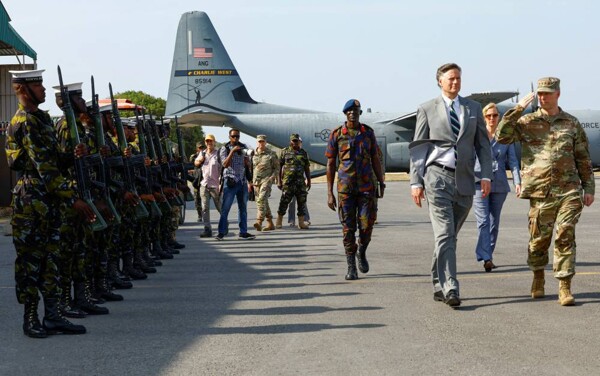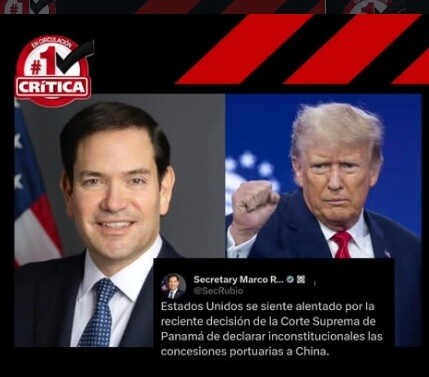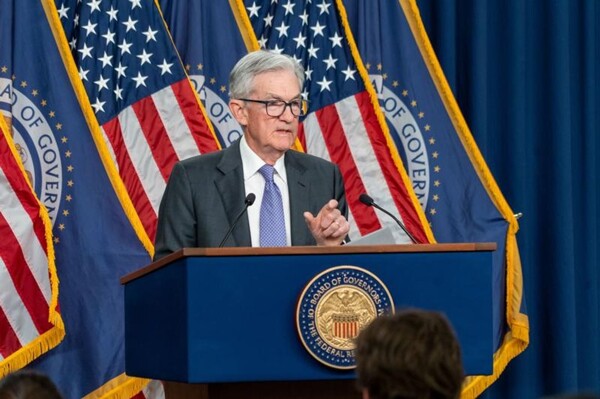
Dark hours are about to arrive. The United States will not become great again as the Trumpist slogan claims; the moment of leadership it obtained after the Second World War will not be repeated today. Economic globalization will not cease to exist, but in the short term, citizens who voted for Trump, as well as those who did not, will suffer from rising prices (inflation) due to the tariff measures he is enacting.
Europeans will have to urgently respond with resources to their own defense and regional security strategy. Trump has ended, not for the interests of his country, a historical alliance that gave him strength in his geopolitical strategy, but rather for the interests of his ideological stance and the billionaire technologists who accompany him.
"Mexico fell into autocratic populism in 2018. The populist moment was on the rise. Now, what we are experiencing with Trump's second coming to power unequivocally confirms the crisis of democracy, the momentum of autocratic forms of power, and the crisis of multilateralism forged in the post-war era. It is also the understanding of authoritarian leaders aside from Trump, including Putin and Xi Jinping."
"Americans did not see that their moral and political leadership was degrading. And while this was happening, a giant was awakening and taking advantage of economic globalization with its entry into the World Trade Organization in December 2001. A race for technological, economic development, and expansion around the world was beginning."
"The deregulation processes that were undertaken in the United States led to a generation of 'derivatives' in the real estate industry that soon exploded and infected financial institutions, leading to the 2008 crisis, which impacted not only North America but the rest of the world as well."
"An era change is coming, and the most serious part is that democracy and democrats were neither prepared nor saw it coming. Neoliberalism was in crisis and would have social and political repercussions. While China advanced in its global preeminence and through invasive blows, Putin advanced in his expansive wave and through repression."
"In 2016, with Trump's first arrival to power and Brexit from the United Kingdom marked the time of the rise of the national populists. China could be the winner in its relationship with Europe during this crisis. Does Mexico's government have the slightest idea of where we stand now?"
"Everything changed with the attacks on the Twin Towers on September 11, 2001, in New York at 7:46 in the morning. The definitions that the White House made in retaliation against the terrorist attackers, but above all taking advantage of being the world's superpower, came to shift the international board and regional balances, particularly in the Middle East and Europe."














